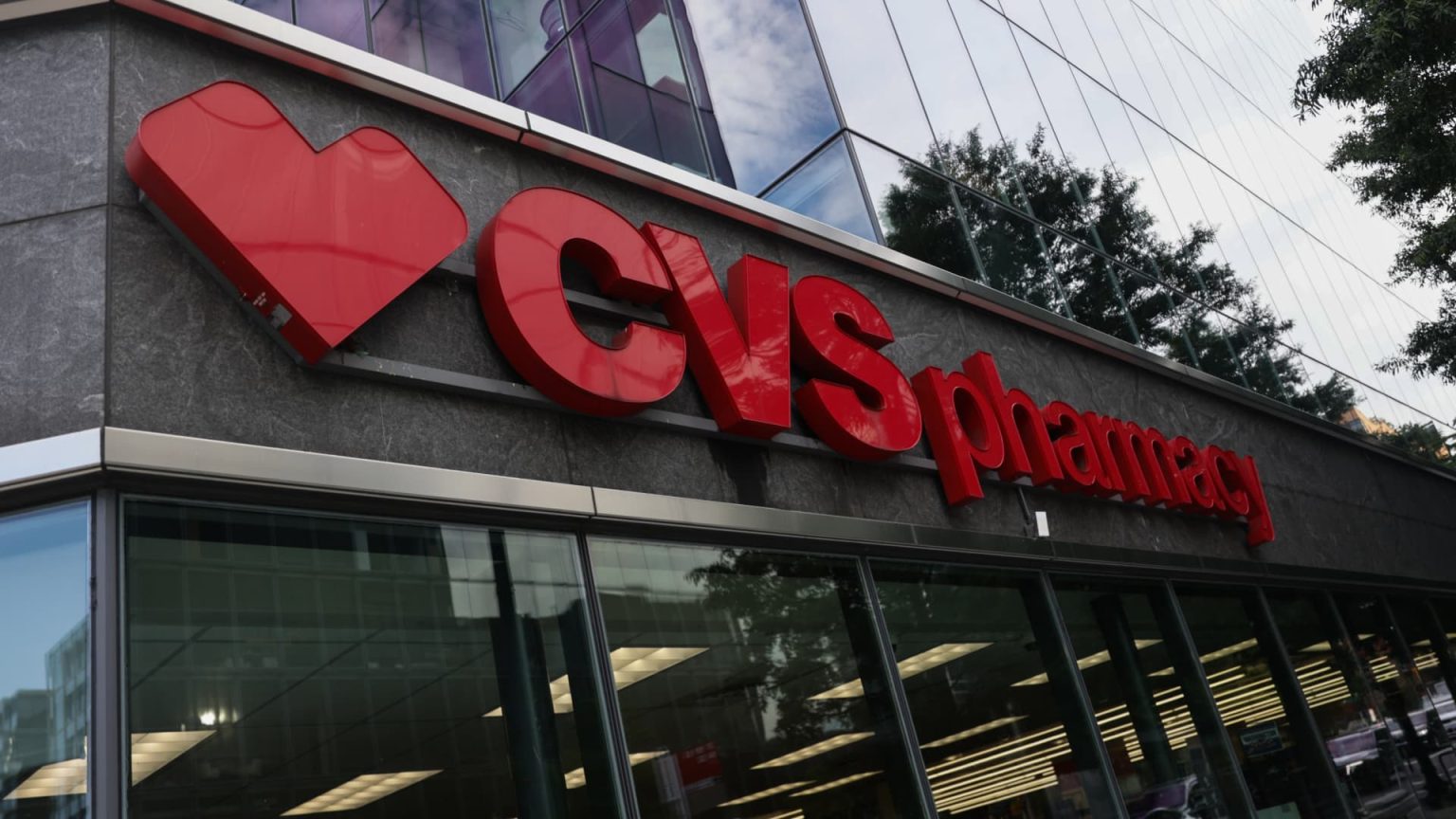On Thursday, CVS Health announced strong first-quarter earnings, exceeding analyst expectations, which reflected improvements in its struggling insurance unit. The retailer saw shares rise by 4% following the announcement, while also revising its full-year earnings guidance upwards. However, complications from a legal case involving its pharmacy services subsidiary, Omnicare, could impact its overall financial outlook.
| Article Subheadings |
|---|
| 1) Strong Earnings Results |
| 2) Revised Financial Outlook |
| 3) Legal Challenges |
| 4) Performance Across Various Segments |
| 5) Future Outlook and Strategic Positioning |
Strong Earnings Results
CVS Health reported impressive first-quarter financial results, demonstrating a solid recovery in its insurance sector. The company’s earnings per share came in at $2.25, significantly higher than the $1.70 that analysts had anticipated. Revenue also surpassed expectations, recording $94.59 billion against an estimated $93.64 billion. These results reflect the company’s effective strategies in addressing market challenges and enhancing operational efficiencies.
Despite ongoing financial strains, CVS reported a net income of $1.78 billion, or $1.41 per share. This marked a notable increase from the $1.12 billion, or 88 cents per share, recorded during the same quarter last year. This performance highlights CVS’s ability to adapt and meet market demands effectively.
Analysts and investors have been paying close attention to CVS’s insurance unit, Aetna, which has historically faced high medical costs. For the time being, the unit showed signs of recovery, which could prove to be pivotal for CVS’s overall performance.
Revised Financial Outlook
CVS raised its full-year adjusted earnings guidance to a range of $6 to $6.20 per share, up from its previous forecast of $5.75 to $6 per share. This positive outlook was driven by a deliberate focus on operational excellence and careful market navigation during a turbulent economic climate.
However, the company did not provide a revenue forecast for the full year, indicating a cautious stance towards the future. CVS has acknowledged ongoing higher medical costs and potential macroeconomic challenges, urging investors to remain vigilant. CEO David Joyner emphasized the company’s proactive approach in preparing for elevated trends across various markets, assuring stakeholders of strategic planning in uncertain times.
Legal Challenges
CVS faces significant legal hurdles involving its subsidiary, Omnicare, which has been found liable for dispensing drugs without appropriate prescriptions to elderly and disabled individuals in assisted living facilities. The company plans to appeal this ruling, but it has resulted in a downward revision of its Generally Accepted Accounting Principles (GAAP) reported earnings guidance.
This legal challenge could present financial risks for CVS, as it grapples with the implications of the jury’s decision. The estimated costs related to this legal battle add an element of complexity to CVS’s overall financial management and could impact investor confidence if not resolved favorably.
Performance Across Various Segments
In terms of operational performance, CVS’s insurance division generated substantial revenue of $34.81 billion during the first quarter, surpassing expectations of $33.51 billion. The unit also reported adjusted operating income of $1.99 billion, a significant increase from $732 million in the previous year.
CVS’s pharmacy and consumer wellness division also showed promising results, achieving $31.91 billion in sales, marking a growth of over 11% year-on-year. However, this segment’s performance fell short of Wall Street expectations, indicating underlying challenges in consumer spending and lower drug reimbursements.
The health services segment, which includes Caremark, recorded revenue of $43.46 billion, slightly below the anticipated $43.64 billion. This segment plays a critical role in CVS’s broader strategy, as it negotiates drug discounts with manufacturers and manages formularies essential to insurance plans.
Future Outlook and Strategic Positioning
As CVS navigates the complexities of healthcare, the company remains focused on maintaining a competitive edge. CEO David Joyner has pointed out the potential impacts of new tariffs on pharmaceuticals, emphasizing the need for adaptive strategies that account for changing market conditions.
Despite challenges, CVS’s executive team is committed to improving operational efficiency and addressing consumer needs. With over 9,000 retail pharmacies in operation, CVS aims to solidify its market position by enhancing services and offering a broader range of healthcare solutions.
The company has initiated a turnaround plan which includes a significant restructuring aimed at achieving $2 billion in cost reductions over coming years. This strategic repositioning reflects CVS’s commitment to return value to shareholders while ensuring robust growth.
| No. | Key Points |
|---|---|
| 1 | CVS reported strong first-quarter earnings, with net income rising to $1.78 billion. |
| 2 | The company’s adjusted earnings guidance for the full year has been raised to $6-$6.20 per share. |
| 3 | Legal challenges involving its subsidiary, Omnicare, prompted a revision in GAAP guidance. |
| 4 | CVS’s insurance division saw significant revenue growth, outperforming expectations. |
| 5 | The company is poised to implement a $2 billion cost reduction plan as part of a broader turnaround strategy. |
Summary
CVS Health’s latest financial results reflect a blend of positive earnings and evolving challenges within its business landscape. While the rise in earnings and revenue suggests effective management and strategic planning, underlying legal issues and market pressures could complicate the outlook ahead. The company’s commitment to transformation and pursuit of cost efficiencies will be critical in navigating its path forward in the competitive healthcare sector.
Frequently Asked Questions
Question: What led to CVS Health’s increased earnings guidance this quarter?
CVS Health’s stronger financial results and improved performance in its insurance business contributed to the upward revision in earnings guidance.
Question: What is the status of CVS’s legal challenges with Omnicare?
CVS plans to appeal a recent jury decision that found Omnicare liable for dispensing drugs without valid prescriptions, which may impact its financial outlook.
Question: How is CVS managing cost efficiencies in light of recent challenges?
CVS has initiated a comprehensive turnaround plan aimed at achieving $2 billion in cost savings over the next few years, focusing on operational improvements and strategic restructuring.


